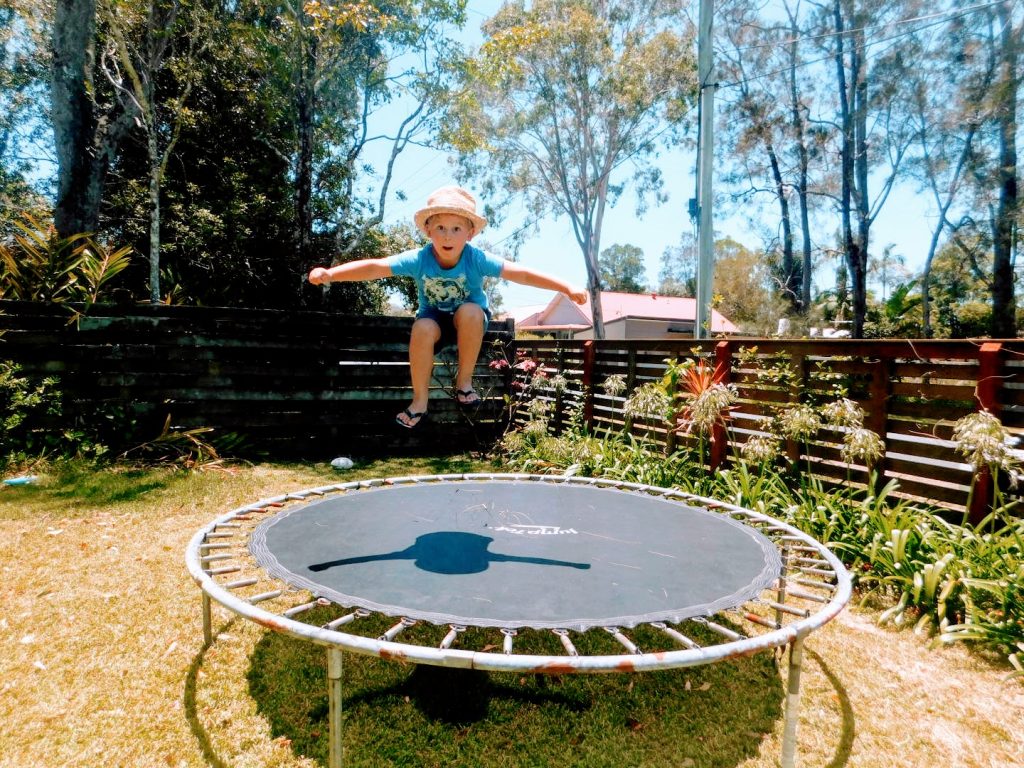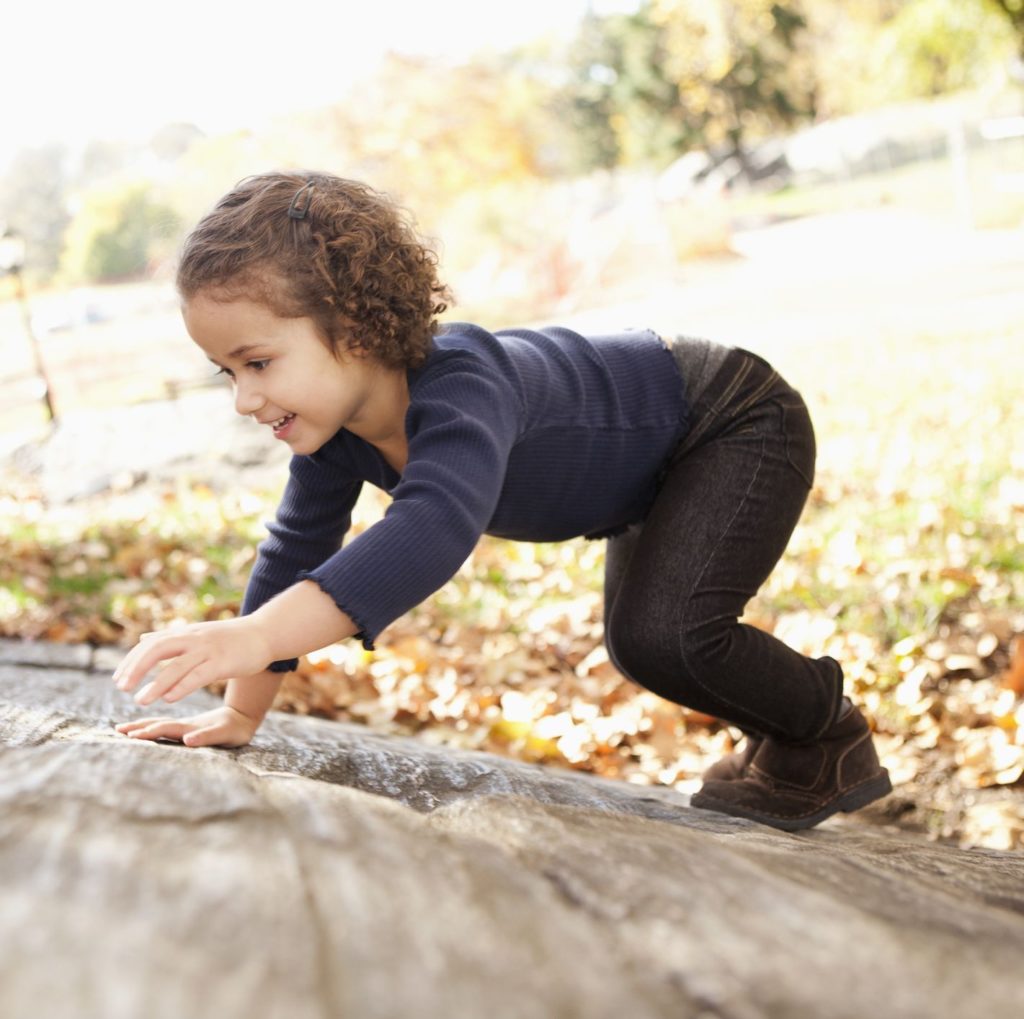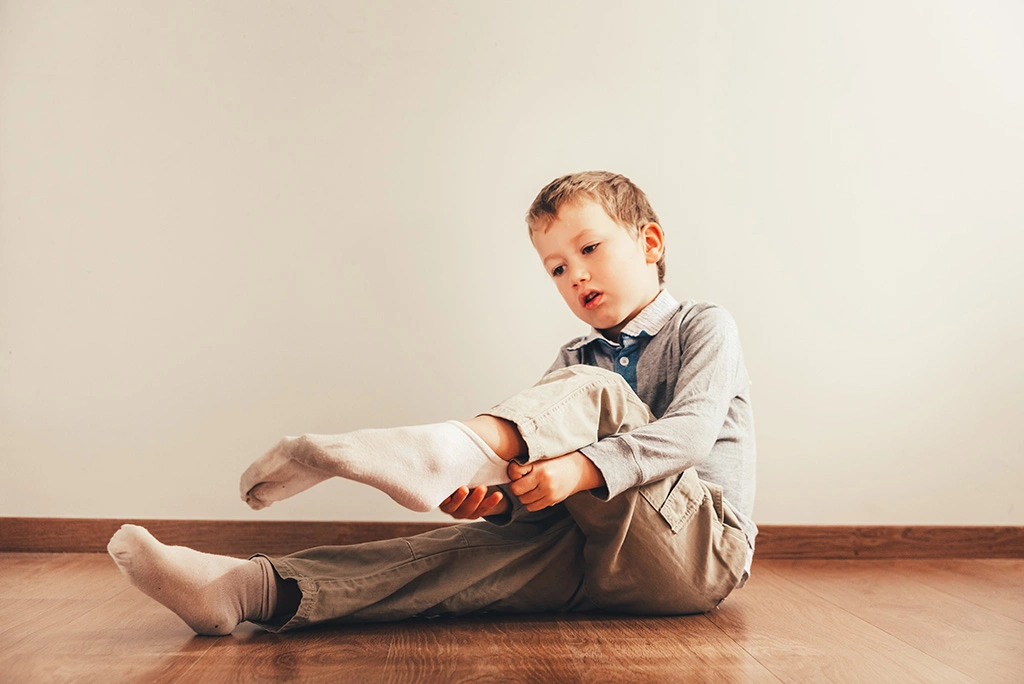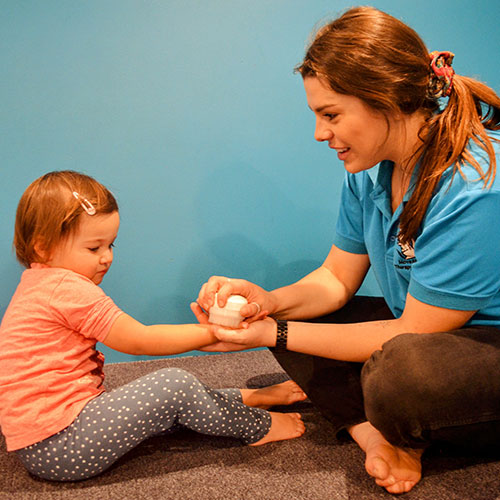Author: Elise Foxall, Paediatric Occupational Therapist
6 min read
Self-regulation has become a buzzword in child development, but when is it realistic to expect a child to regulate their emotions independently? Many assume that by the time a child reaches school age, they should be able to manage their emotions and behaviours with little to no help. However, is this really the case?
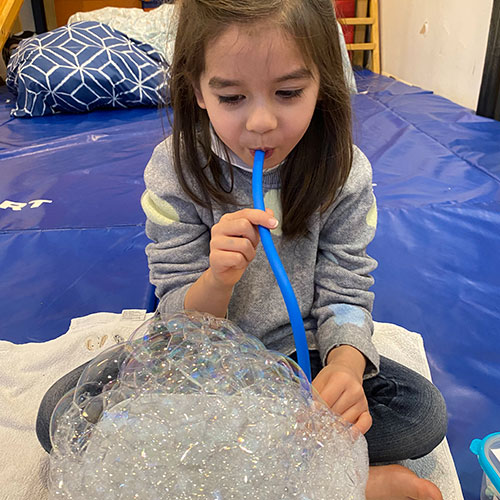
What Does Self-Regulation Mean for Kids?
Before diving into when children can self-regulate, it’s important to understand what self-regulation actually is. Self-regulation is the ability to manage your energy, emotions, behaviors, and attention in socially acceptable ways. This skill is essential for achieving positive outcomes like building good relationships, learning effectively, and maintaining overall well-being.
While the roots of self-regulation begin in infancy, this skill continues to develop well into late adolescence. Just as a newborn isn’t expected to walk immediately, children need time and growth to independently regulate their emotions.
The Development of Self-Regulation
It’s commonly believed that children start acquiring critical self-regulation skills around the age of two. However, this doesn’t mean they’ve mastered the art of managing their emotions at such a young age. The brain’s frontal lobe, which is responsible for thinking, logic, and reasoning, continues to develop until our mid-twenties. This prolonged development period means that true emotional self-regulation isn’t fully attainable until late adolescence.
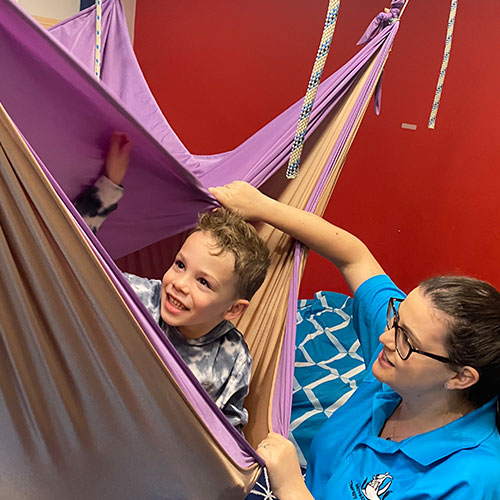
Supporting Self-Regulation in Children
Given that children won’t fully develop self-regulation skills until much later, how can parents and caregivers support them in the meantime?
One crucial approach is for caregivers to model their own self-regulation. Children learn a lot from observing how adults respond to various situations. When caregivers manage their emotions calmly, children pick up on these behaviors and start to mimic them.
Another key element is the practice of co-regulation. This involves warm, responsive interactions between a child and their caregiver, coupled with the support, structure, and guidance that helps children develop self-regulation. Co-regulation allows children to practice basic self-regulation skills, like focusing attention, adjusting behaviour, and using words to express needs. However, they still rely heavily on external support to manage their impulses and calm down when upset.
Self-regulation is a complex skill that takes years to develop. Expecting young children to handle their emotions independently is unrealistic, as their brains are still growing and maturing. It’s vital for caregivers to understand this developmental process and be ready to guide and support children as they learn to navigate their emotions.
For more information on co-regulation and how to practice it effectively, check out Kim’s blog here.
If you feel like your child is struggling with regulation contact MoveAbout today. Check out our Facebook and Instagram pages for more education regarding sensory processing and regulation.
GET IN TOUCH
